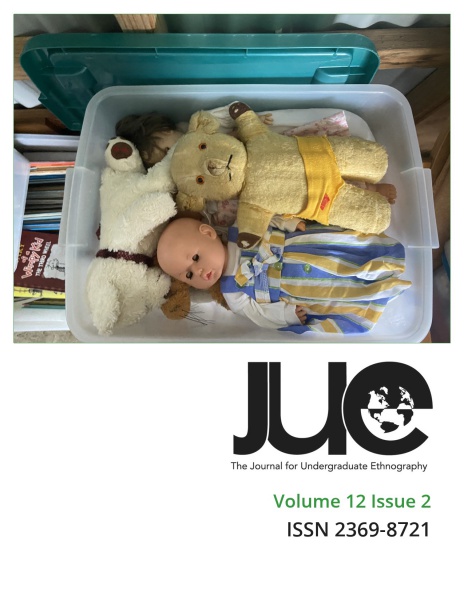“One or Two?”: Fertility Decisions After the One-child Policy in China
DOI:
https://doi.org/10.15273/jue.v12i2.11414Ключевые слова:
child policy, kinship, China, fertilityАннотация
The one-child policy, as a government-guided family planning and birth control policy, lasted for nearly thirty years beginning in the 1970s. As the decreasing fertility rate in modern Chinese society caused many problems, such as a demographic imbalance, the government decided to establish the universal two-child policy in urban areas in 2015. However, the fertility rate did not rise as much as the government expected. To study the reasons for the continuously low fertility rate, I conducted 20 semi-structured qualitative interviews with 20 young married heterosexual couples in the city of Jinan, Shandong province, China. Throughout this paper, I focus on the role of kinship and the socioeconomic barriers to having a second child in urban Chinese families after the establishment of the two-child policy. The main reasons explaining the unexpected low fertility rate after the universal two-child policy in urban areas are first, increasing cost of investing in children, and second, the lack of interaction with cousins. This research outlines demographic policy and how fertility ideology and family decisions changed through policy changes.Загрузки
Опубликован
2022-07-06
Выпуск
Раздел
Articles


